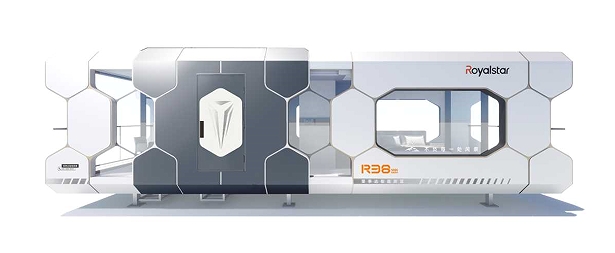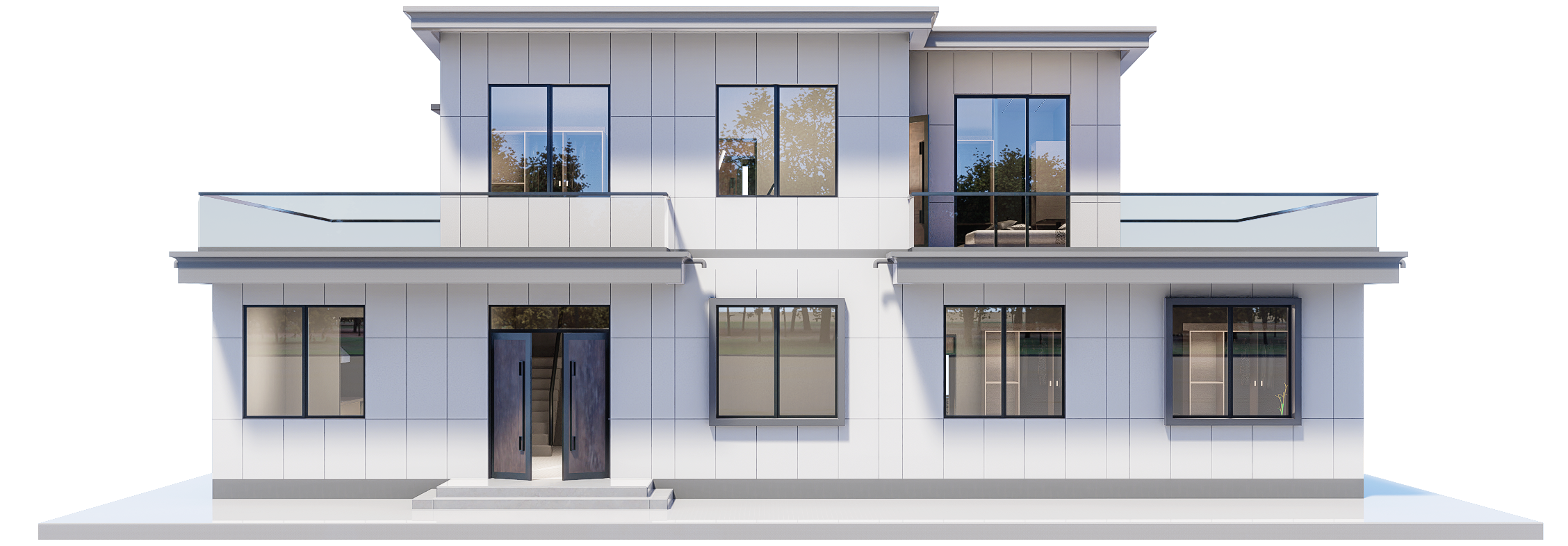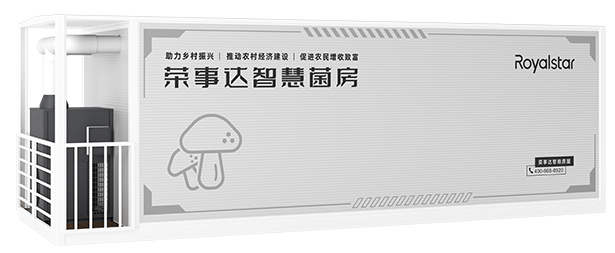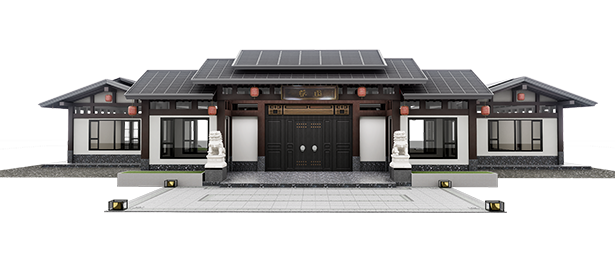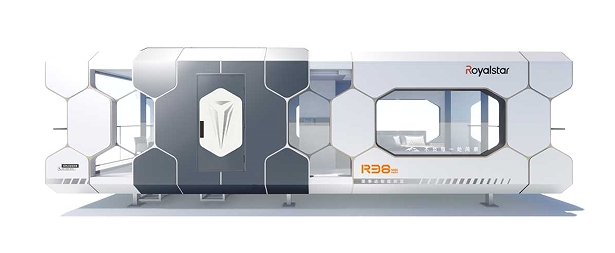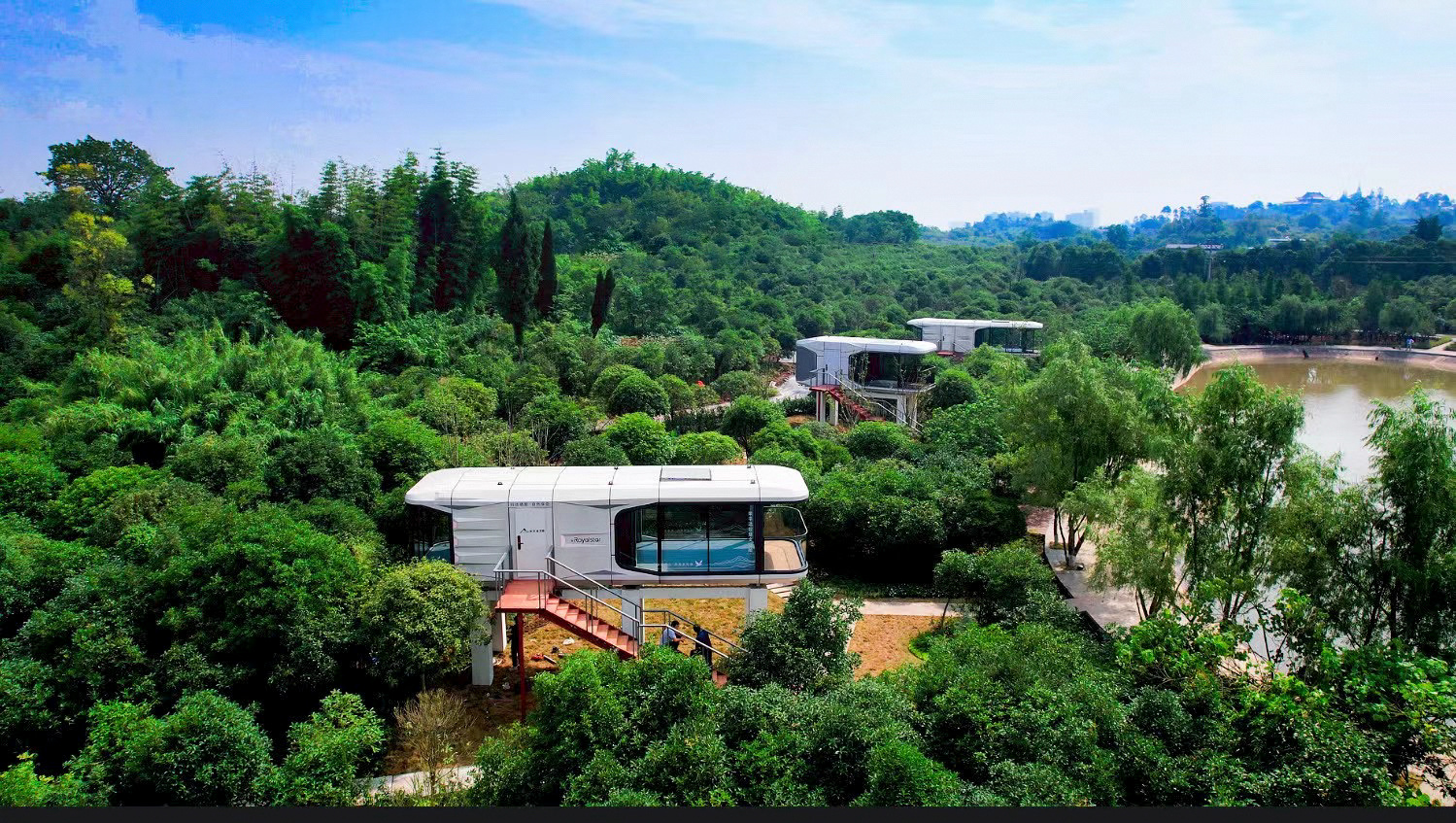Exploring Modular Homes: The Future of Smart and Secure Living
Modular homes are an increasingly popular choice for those looking to combine efficiency with modern living. Unlike traditional homes, which are built on-site, modular homes are constructed in sections in a factory setting and then transported to their final location for assembly. This process not only speeds up construction time but also enhances the overall quality of the build. With the growing
Data:
2025-07-31 13:14
Modular homes are an increasingly popular choice for those looking to combine efficiency with modern living. Unlike traditional homes, which are built on-site, modular homes are constructed in sections in a factory setting and then transported to their final location for assembly. This process not only speeds up construction time but also enhances the overall quality of the build. With the growing emphasis on sustainable living and smart technologies, modular homes offer a unique solution that aligns with contemporary lifestyle demands.
One of the standout features of modular homes is their adaptability. Homeowners can choose from a variety of designs and layouts, allowing for personal customization to meet specific needs. This flexibility extends beyond aesthetics; it also includes the capability to integrate smart home technologies. Smart home systems can enhance safety and security, providing homeowners with peace of mind. Features such as smart locks, security cameras, and automated lighting systems can easily be incorporated into the design of modular homes, making it an ideal choice for those concerned with safety.
Furthermore, modular homes are often built with energy efficiency in mind. The construction process minimizes waste, and the materials used are typically chosen for their insulation properties. This results in a home that not only reduces environmental impact but also lowers energy costs. Many modular homes are designed to be compatible with renewable energy sources, such as solar panels, further promoting sustainable living.
In addition to their environmental benefits, modular homes often boast a lower overall cost compared to traditional homes. The reduced construction time means that homeowners can move into their new space sooner, and the ability to customize features allows for control over expenses. This financial flexibility makes modular homes an appealing option for a diverse range of buyers, including first-time homeowners and those looking to downsize.
As the world continues to embrace technological advancements, the integration of smart systems into modular homes will likely expand. From smart thermostats that adjust heating and cooling based on occupancy to advanced security systems that can be monitored from anywhere in the world, the potential for enhanced living experiences is vast.
In conclusion, modular homes represent a forward-thinking approach to housing, merging safety, efficiency, and modern conveniences. Whether you are seeking a new home or exploring innovative living solutions, the benefits of modular homes highlight their role as a practical and appealing option in today’s market. As we move towards a future that prioritizes smart living and sustainability, modular homes are well-positioned to lead the charge in transforming how we think about homeownership.
One of the standout features of modular homes is their adaptability. Homeowners can choose from a variety of designs and layouts, allowing for personal customization to meet specific needs. This flexibility extends beyond aesthetics; it also includes the capability to integrate smart home technologies. Smart home systems can enhance safety and security, providing homeowners with peace of mind. Features such as smart locks, security cameras, and automated lighting systems can easily be incorporated into the design of modular homes, making it an ideal choice for those concerned with safety.
Furthermore, modular homes are often built with energy efficiency in mind. The construction process minimizes waste, and the materials used are typically chosen for their insulation properties. This results in a home that not only reduces environmental impact but also lowers energy costs. Many modular homes are designed to be compatible with renewable energy sources, such as solar panels, further promoting sustainable living.
In addition to their environmental benefits, modular homes often boast a lower overall cost compared to traditional homes. The reduced construction time means that homeowners can move into their new space sooner, and the ability to customize features allows for control over expenses. This financial flexibility makes modular homes an appealing option for a diverse range of buyers, including first-time homeowners and those looking to downsize.
As the world continues to embrace technological advancements, the integration of smart systems into modular homes will likely expand. From smart thermostats that adjust heating and cooling based on occupancy to advanced security systems that can be monitored from anywhere in the world, the potential for enhanced living experiences is vast.
In conclusion, modular homes represent a forward-thinking approach to housing, merging safety, efficiency, and modern conveniences. Whether you are seeking a new home or exploring innovative living solutions, the benefits of modular homes highlight their role as a practical and appealing option in today’s market. As we move towards a future that prioritizes smart living and sustainability, modular homes are well-positioned to lead the charge in transforming how we think about homeownership.

